Following the events in the ghetto of the 1st of September 1943, the Staff Command of the FPO reluctantly decided not to begin a fight to the death. Among their many concerns was further endangering the inhabitants of the ghetto. Instead they began to gradually send their members to fight in the forests.
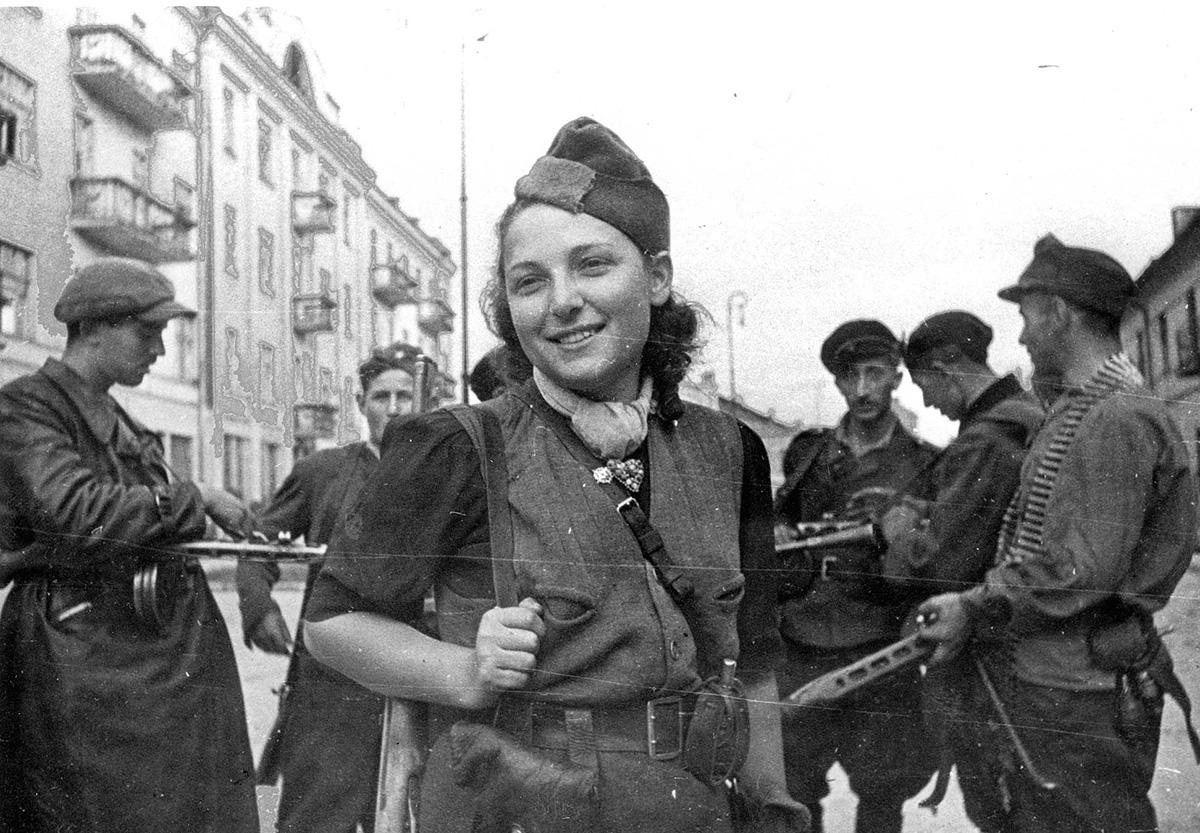
Yad Vashem Photo Archives 3271/13
Courtesy of The State Archive of the Russian Federation (GARF)

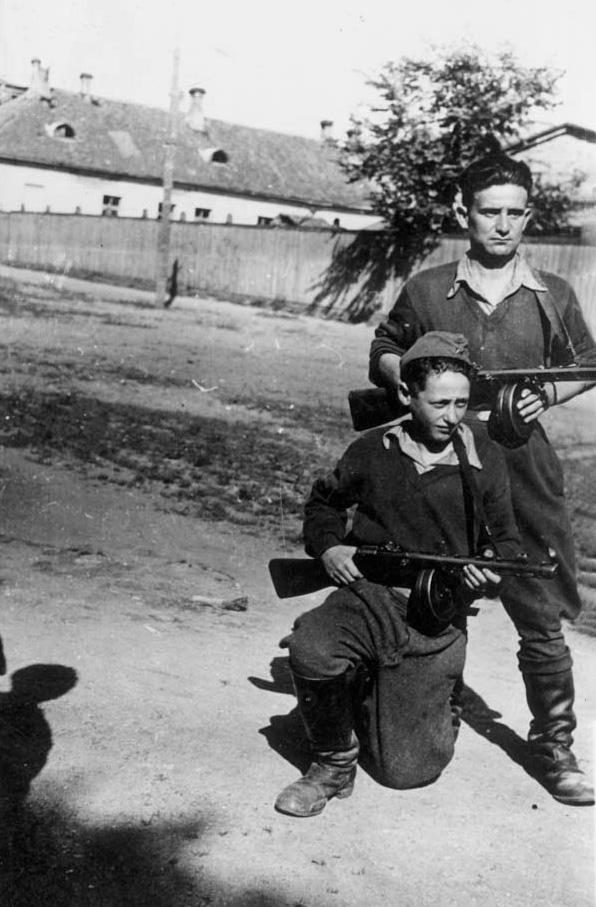
Yad Vashem Photo Archives 3380/405

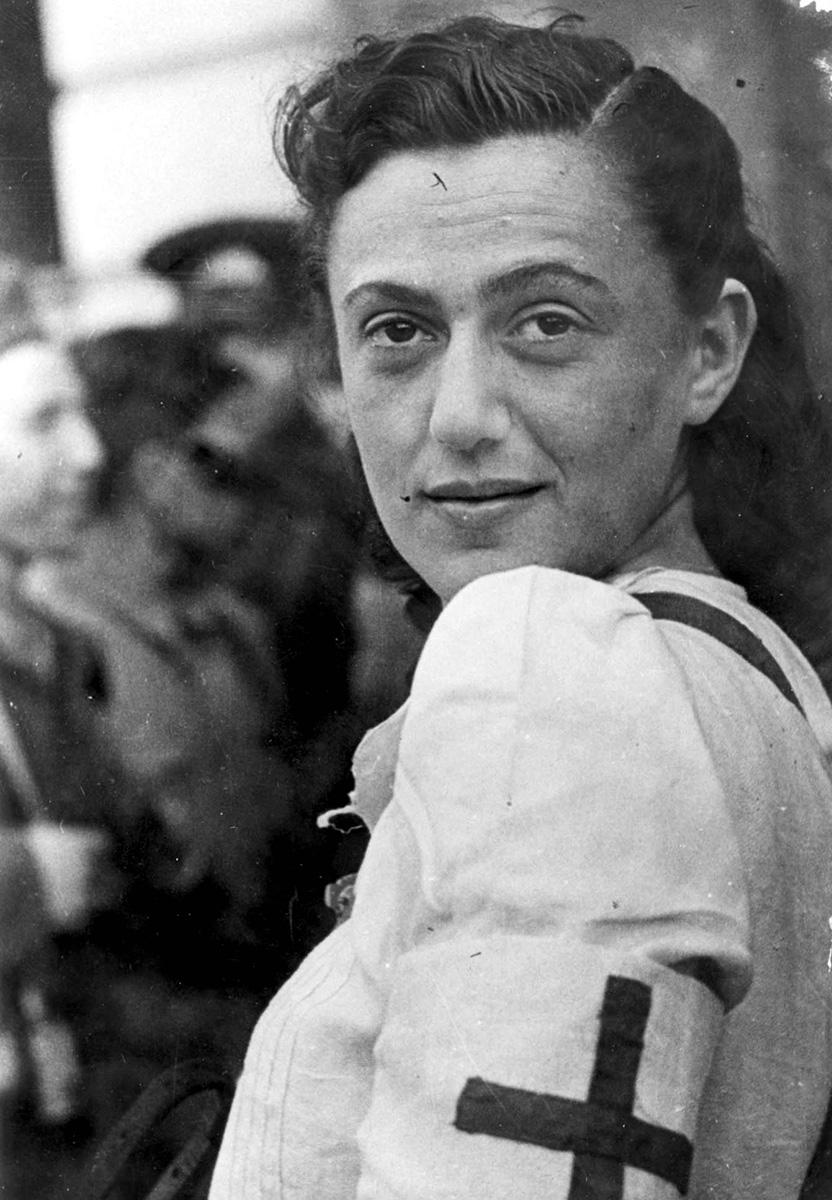
Yad Vashem Photo Archives 3271/78
Courtesy of The State Archive of the Russian Federation (GARF)

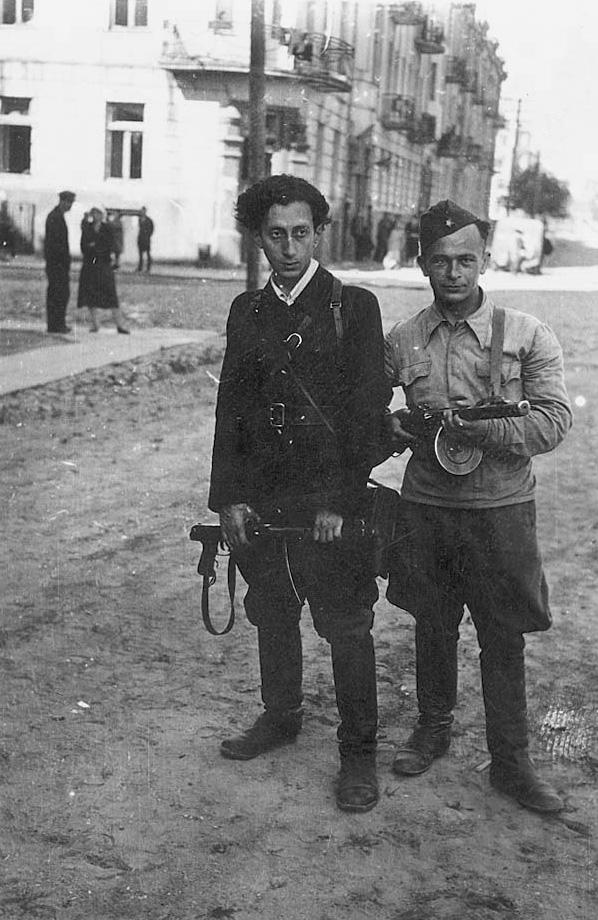
Yad Vashem Photo Archives, 3380/433

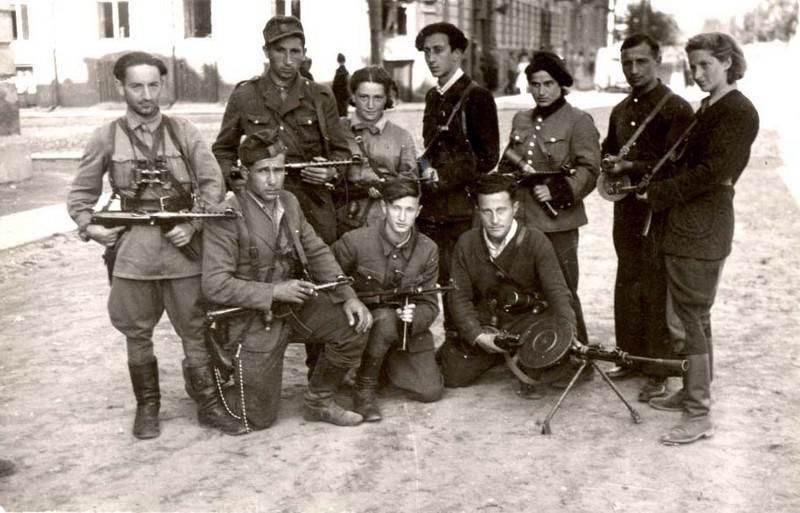
Standing, from left: Elchanan Magid, Jacob Prener, Bluma Markowicz (killed by a German air attack two days after the photo was taken), Abba Kovner, Ruzka Korczak, Leib Szapirstein, Vitka Kempner
Below, from left: Gershon, Pesach Mizerecz, Motl Szames
The photo was taken by a military reporter from Moscow, after the fighting on the streets of besieged Vilna abated.
Yad Vashem Photo Archives CO5/121

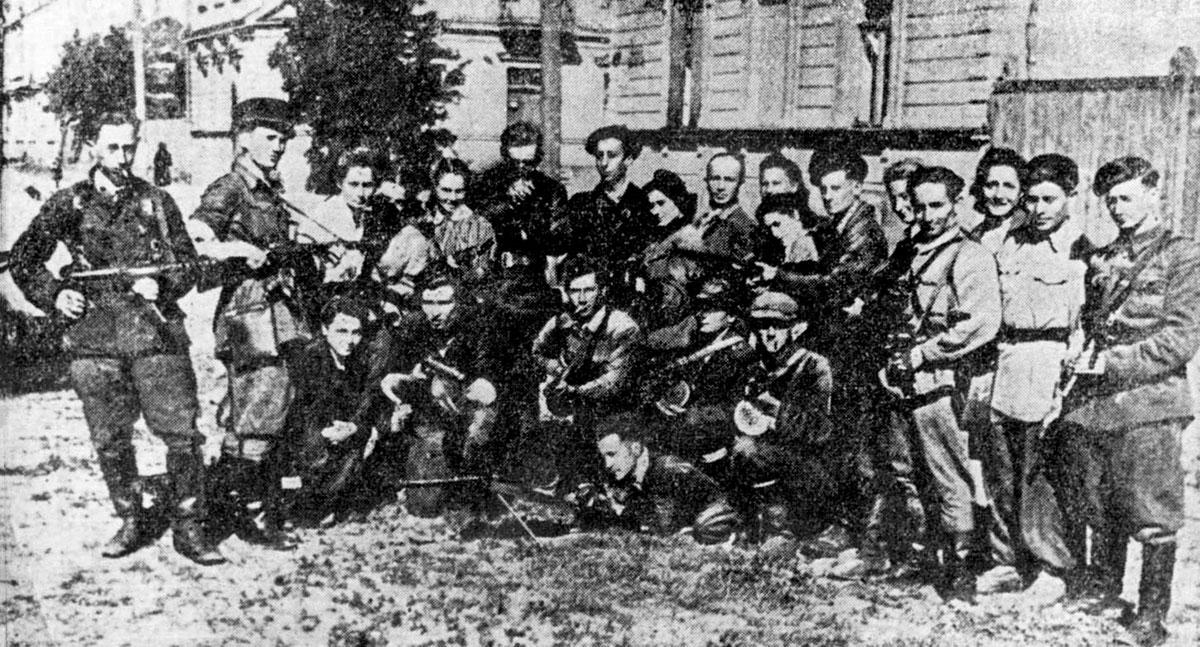
Top row, middle: Abba Kovner
The photo was taken by a military reporter from Moscow, after the fighting on the streets of besieged Vilna abated.
Yad Vashem Photo Archives EO9/120

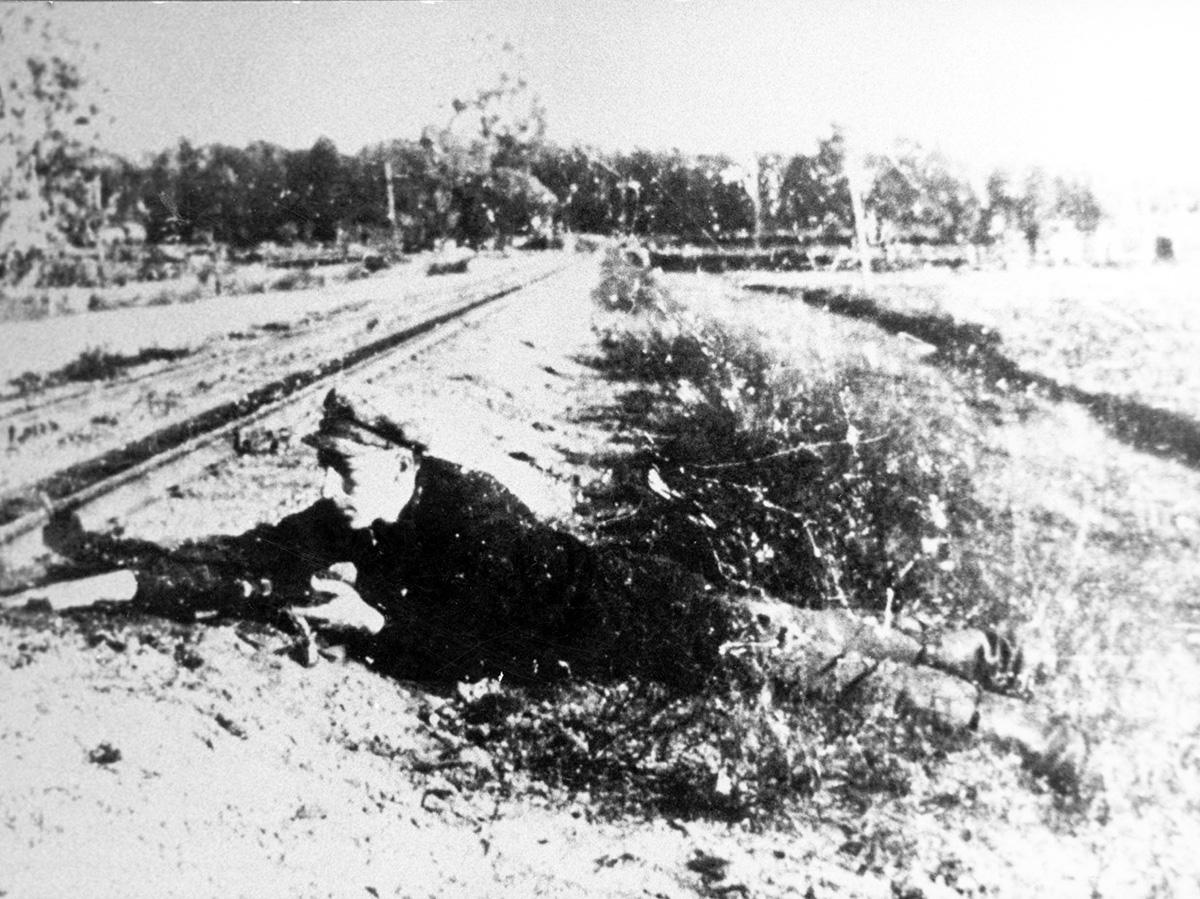
Yad Vashem Photo Archives CO7/153

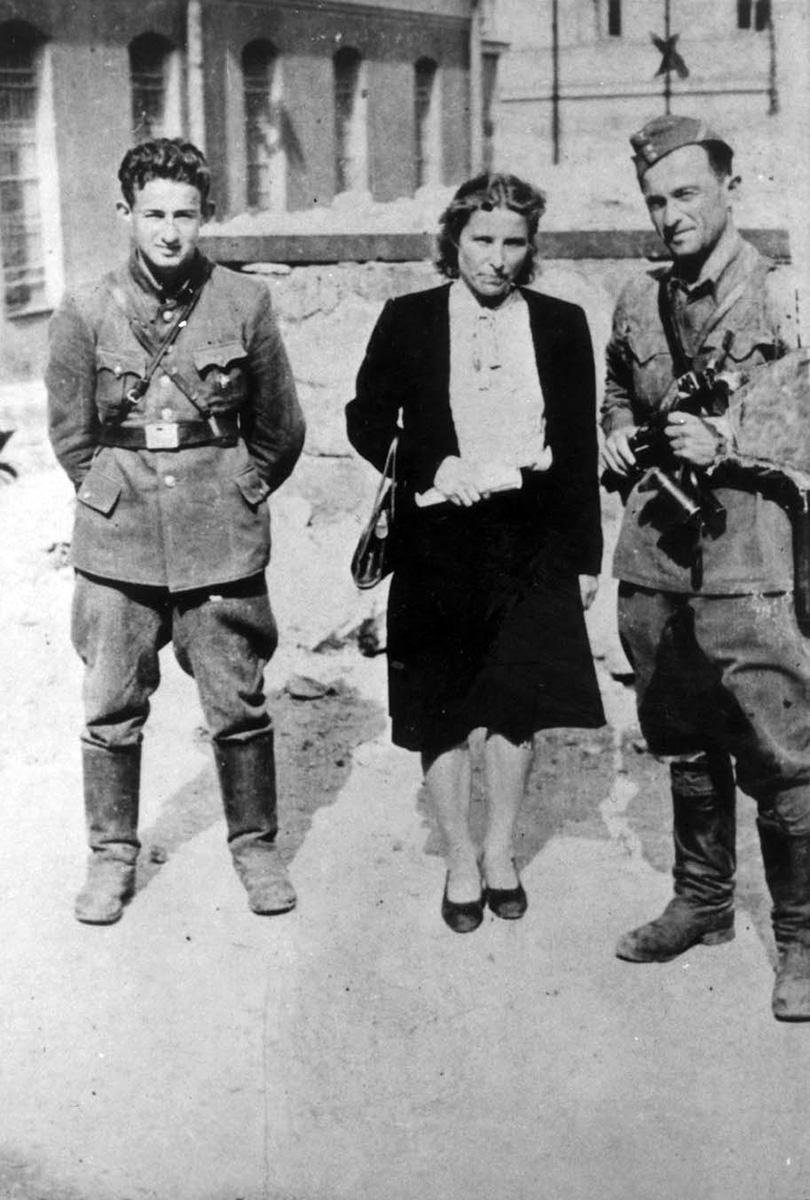
Yad Vashem Photo Archives 3883/3668

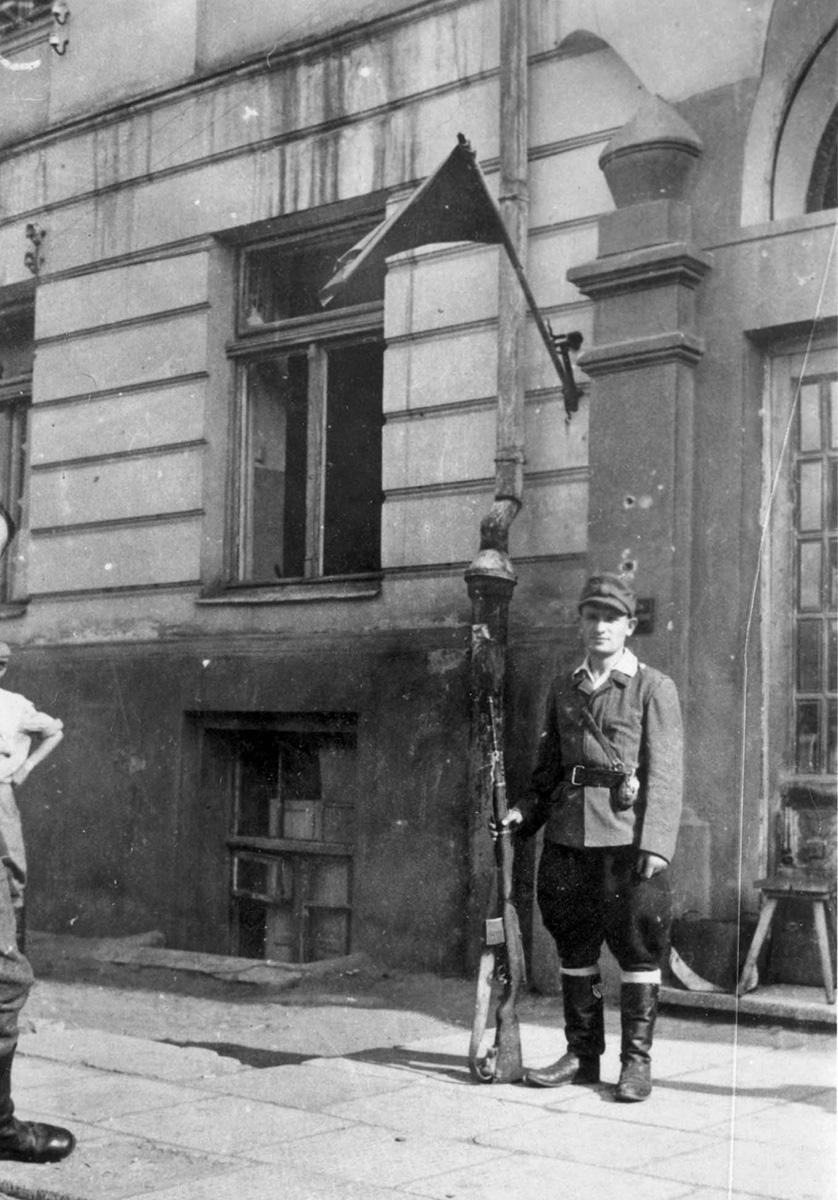
Yad Vashem Photo Archives 3271/28
Courtesy of The Central Government Archives, Moscow

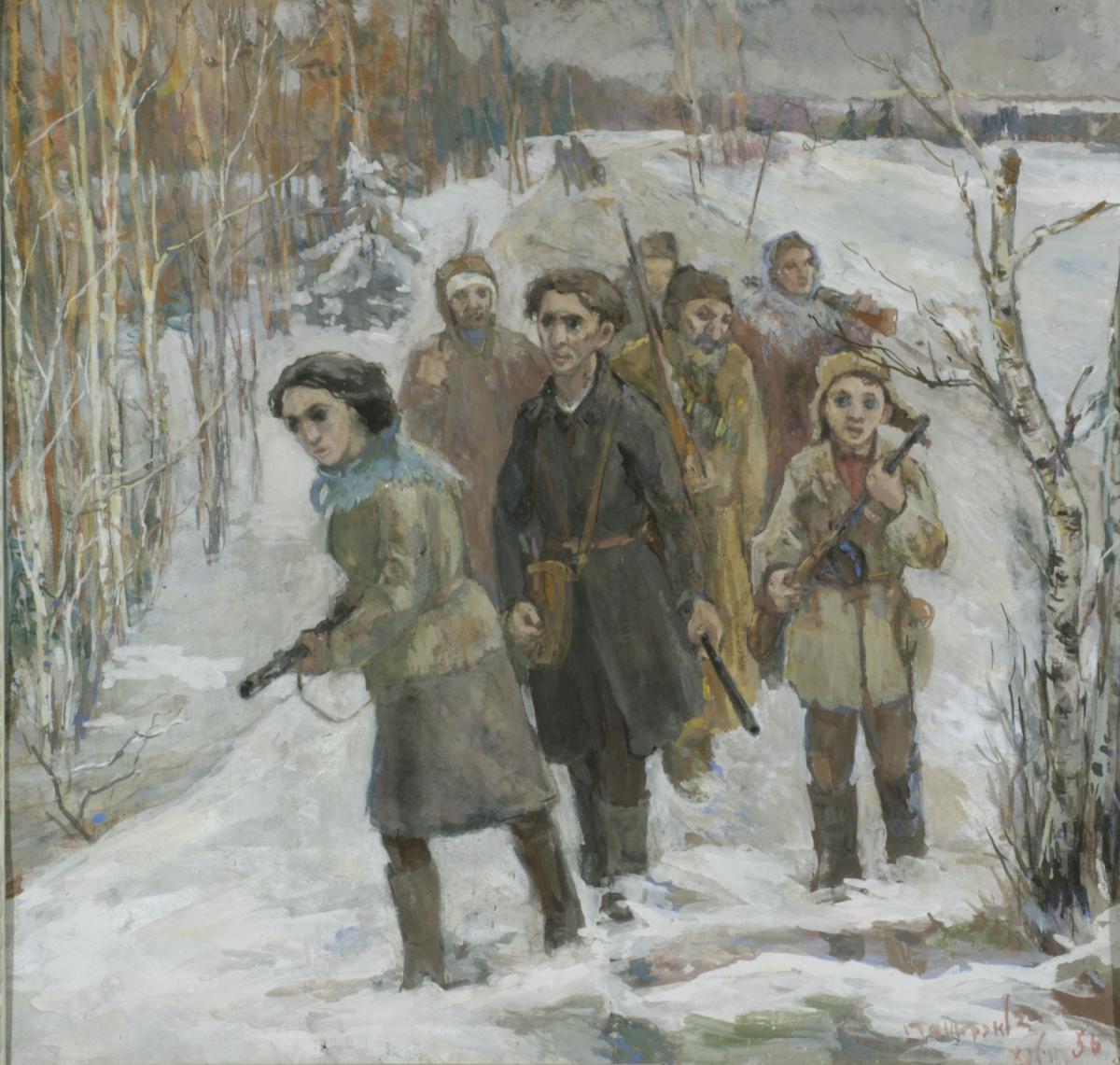
Gouache on paper
Collection of the Yad Vashem Art Museum









